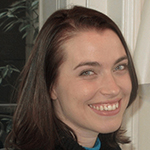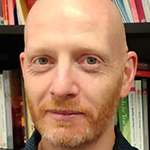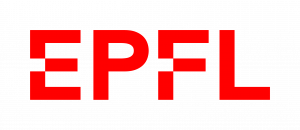Description
Some people think that teaching is simply a matter of knowing the content material and having the right kind of personality and experience. In fact, research evidence suggests that people can become effective teachers if they learn:
- the content of their discipline
- the different ways students learn this content and the problems they face with it
- how to manage learning in practice in a classroom.
This MOOC focuses on the second and third of these elements.
The ways in which students learn in science and engineering programs, and the problems they typically face, have been the subject of a great deal of research in the last two decades. This MOOC is based on that research evidence and is designed to clarify the ways in which teaching assistants can help students to maximise their learning in university-level programmes.
Teaching is a hands-on activity and to learn how to teach you will need practical experience. Alongside such practical experience, this MOOC will be able to help you understand what strategies are likely to be appropriate and why, and will also give you some guidance on when and where to use them. While classroom experience will undoubtedly be valuable, this MOOC can give you the knowledge to be able to plan and evaluate your own teaching and to make good decisions in the classroom.
In this MOOC we have tried to practice what we preach. You will find, therefore, that in addition to watching videos you will be encouraged to take notes, to sometimes stop the video and complete thinking tasks, and to test your own recall and understanding of the material using quiz questions. We would encourage you to use these opportunities to learn but also to reflect upon them and to ask yourself if you could do something similar in your own teaching.
The MOOC is designed to be self-paced - there are no set deadlines and you can complete the whole MOOC in a time frame that suits you.



